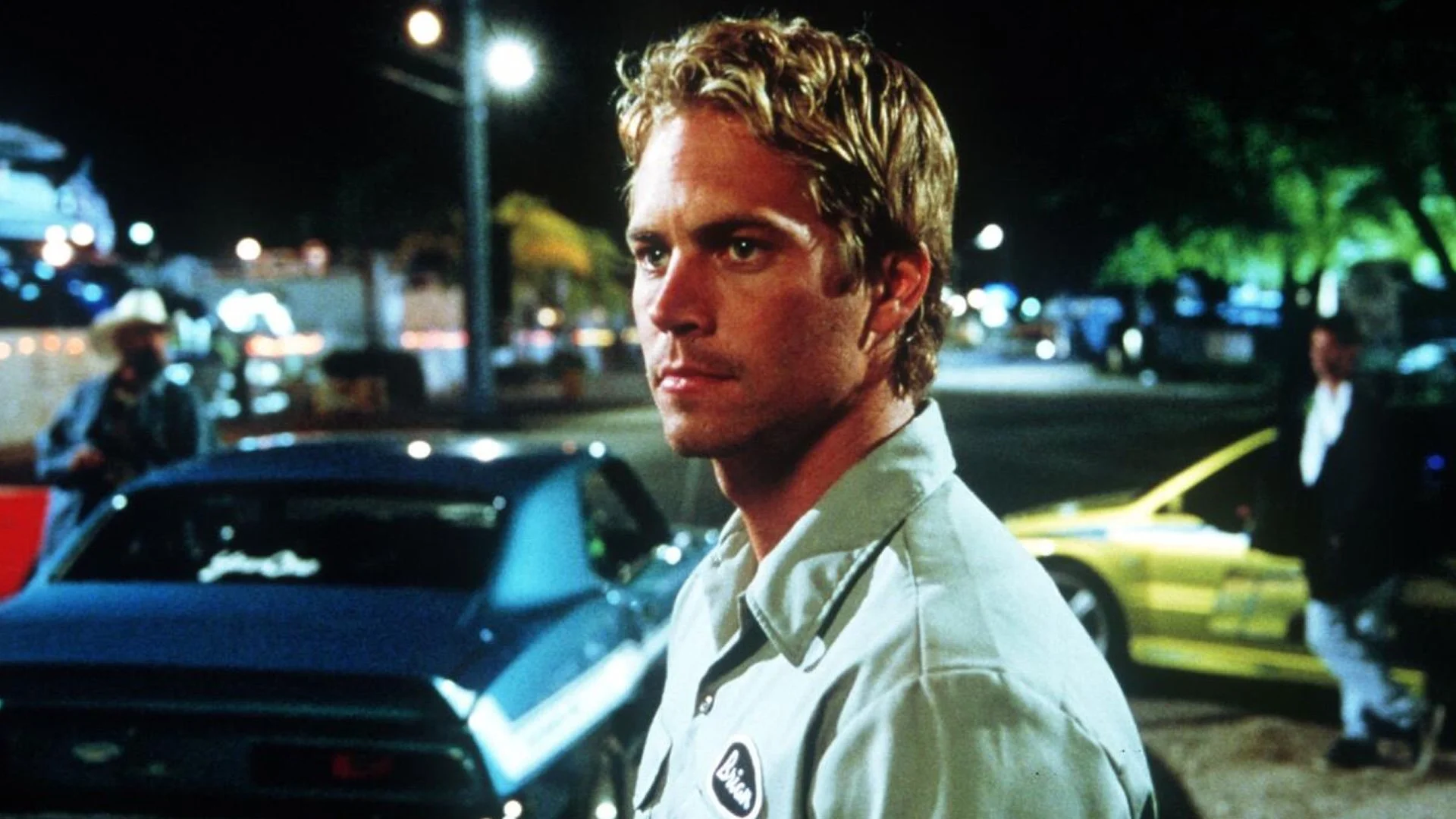Paul Walker’s Agents Freaked Out When Jumped On Board THE FAST AND THE FURIOUS
Before it became one of the biggest franchises in Hollywood, The Fast and the Furious was just a risky little street-racing movie with no guarantees.
Back in 2001, nobody could’ve predicted it would spawn billion-dollar sequels, global fame, and one of the most beloved on-screen brotherhoods in modern action cinema. But when Paul Walker signed on to star in the first film, there wasn’t even a finished script, and his agents were not happy about it.
When Walker first joined the project in 1998, he was still carving out his place in Hollywood. The movie didn’t have the prestige or big studio buzz that might’ve made it a safe career move.
It was just a story about cars, cops, and criminals, loosely inspired by a Vibe magazine article about underground street racing. Yet Walker jumped at the chance, even if his reps thought he was out of his mind.
In a 2013 interview with Entertainment Weekly, he recalled:
"I'm signing on without a screenplay. My reps are freaking out. I'm like, 'It's a million bucks, I get to hang with friends, drive cars, and be cool.' Honestly, that's all it was to me at that stage of my life. I was 25, 26 years old? F***, let's go do it!"
That laid-back, adrenaline-fueled attitude perfectly matched the tone of The Fast and the Furious. Walker’s character, Brian O’Conner, went from being an undercover cop to a loyal friend and brother to Vin Diesel’s Dominic Toretto, setting the emotional core that would fuel the franchise for decades.
At first, though, it wasn’t clear that the series would have any staying power. The 2001 film performed well at the box office but didn’t exactly dominate. Critics were unimpressed, calling it “Rebel Without a Cause” without a cause, and the sequels didn’t seem to be helping the situation.
2 Fast 2 Furious earned solid money but even worse reviews, and Tokyo Drift, which didn’t feature Walker at all, hit a low point financially and critically, yet that is one of my favorite films in the franchise.
Then 2009’s Fast & Furious came roaring in and changed everything. It brought back the original cast, tied the previous films together, and turned the franchise into the high-octane, family-driven juggernaut we know today.
Two years later, Fast Five took things to another level entirely, embracing the over-the-top spectacle and globe-trotting fun that would define the rest of the series.
From that point on, Fast and Furious became more than just a film series, it became a cultural event. Even after Walker’s heartbreaking passing during the production of Furious 7, his legacy as the heart of the franchise remains untouched.
Looking back, that “reckless” decision to sign on without a script turned out to be one of the smartest moves of his career. What started as a gamble for a paycheck and a few joyrides ended up defining an entire generation of action movies, and cementing Paul Walker as a legend of the road.
